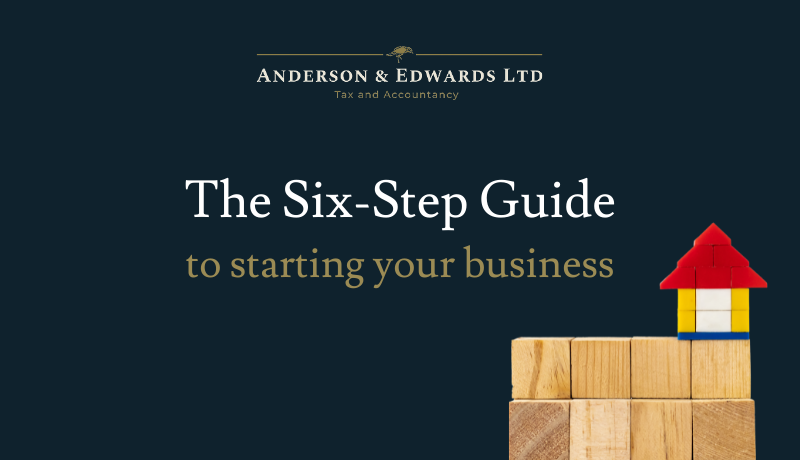
Setting up a business is exciting but can also be daunting if this is the first time. Most people will not have had any exposure to accounting before starting up, so it’s not surprising if you don’t know how to approach it. If you’re a tax advice newbie - we have news for you, you’re not the only one that finds it mind-boggling either.
How do you make all of this easier for yourself? Here are our top tips, having done it ourselves too.
This is a must before you start your business. Not only will it give you some structure, but it also allows you to get an idea of what you want to sell, how you will market the business and fund it. Your business plan can help you focus on your priorities for the initial weeks and months of your business.
Not all plans are the same, nor do they have to be. Here is our template and some instructions on how to prepare your business plan.
Revisit your plan monthly to keep track of the path you set out for yourself. Do not be afraid to stray from the plan and adapt if you feel it’s not working. Not getting enough sales? - Change your marketing strategy. Costs running too high? Consider new suppliers/materials.
There are two types of business structures - unincorporated and incorporated entities. Each one has different reporting, legal and tax implications which you need to consider. When setting up you’ll need to decide which one you’ll be. Sole traders are a common example of being unincorporated, whereas limited companies are incorporated. There are advantages and disadvantages to both. Decide which one is best for you in our breakdown.
As a limited company, you cannot use a personal account as a company bank account. It is not necessary to create a new bank account as a sole trader, but we would recommend it. This can allow you to get income into this account and pay your business expenses from this. It’s also easier for an accountant to prepare accounts for you and see how much money the business has at a given time. Budget where you can, and start a good bookkeeping system right from the start.
When creating a business, you will come across some areas that you have not come across before. This could be accounting requirements, marketing strategies or new types of IT equipment. You could investigate these areas and do them yourself, but spending time on these areas is time you are not using to make money, which is what you are good at (and selling!). Keep track of your cashflow, and even predict upcoming costs to better prepare yourself and avoid negative bank accounts.
We would recommend working out how much money you need to live your life to a standard that you are happy with. This may mean that you are using savings before the business can be self-efficient or limiting your business drawings to ensure you have enough cash to meet your obligation to HMRC or creditors. Everyone's situation is different, so work out what is best for you. Figuring out your lifestyle costs is also a good place to start.
This is something that is sometimes overlooked when you start your business. You should register yourself as self-employed with HMRC when you start your business. Companies will be registered with HMRC when created, so you do not need to do this. We would also recommend that you create your Government Gateway account as you do not know when you will need to check something with HMRC.
We set up our business not long ago. Going through the process of setting up as a limited company lets us know what our clients should expect and how to help them too. Speak to as many other business owners as possible when starting up, so you can learn from their successes and failures. There is no one-size-fits-all, but there are common themes and challenges that people face. Surround yourself with people that can support you, or join our Secret Network to meet others that can help.
As accountants and business owners, we want to help you set up a business that is right for you, in the most candid way possible. If you like the sound of our approach, get in touch: email Enable JavaScript to view protected content. or phone us on 0131 364 4191.
© 2025 Anderson & Edwards Ltd|Registered in Scotland SC678768|Privacy Policy|Website by Broxden